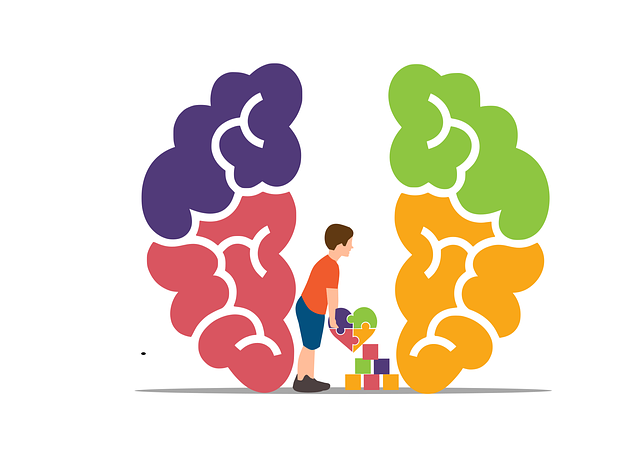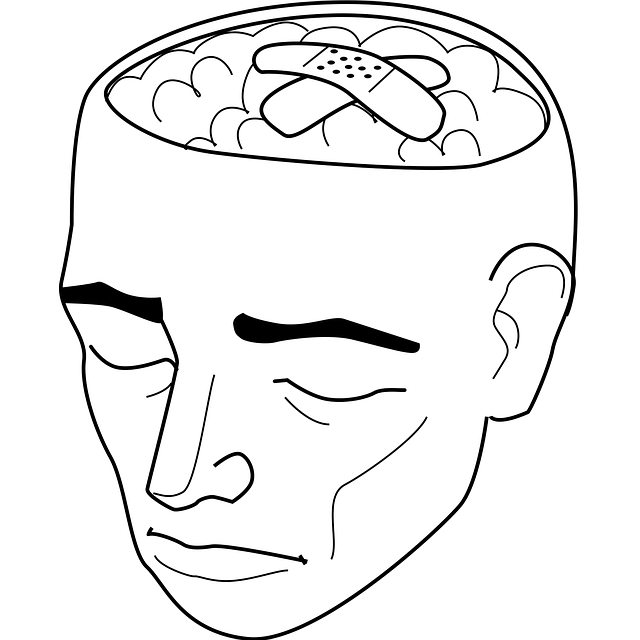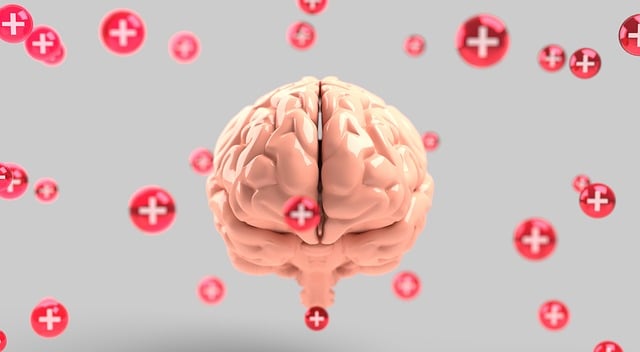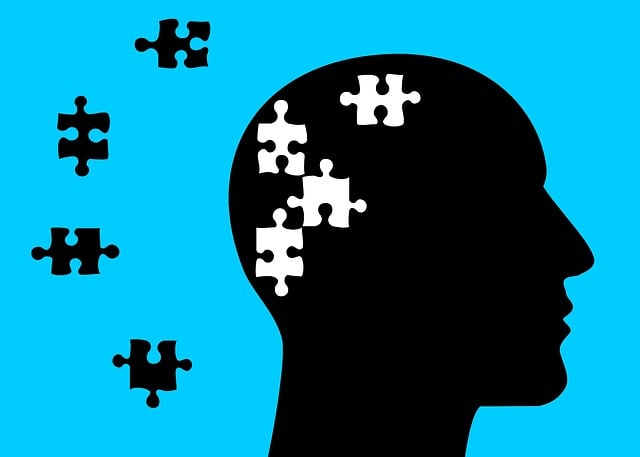Englewood International Adoptions Therapy (EIAT) offers a structured framework for mental health professionals to effectively manage risks in complex cases like international adoptions. By focusing on proactive risk assessment, self-care, and resilience building through techniques like journaling, therapists create safe spaces to support clients navigating cultural differences, personal histories, and family dynamics. This comprehensive approach not only reduces stigma but also enhances professional well-being, enabling high-quality care and fostering healthier client relationships.
Mental health professionals continually face complex ethical dilemmas and risks. This comprehensive guide explores risk management planning, a vital tool for navigating these challenges. We delve into understanding risk within mental health practice, drawing from the Englewood International Adoptions Therapy Framework as a structured approach. The article offers practical strategies for effective risk assessment, mitigation, and documentation, empowering professionals to provide quality care while safeguarding patient welfare.
- Understanding Risk in Mental Health Practice
- The Englewood International Adoptions Therapy Framework
- Strategies for Effective Risk Management Planning
Understanding Risk in Mental Health Practice

Understanding Risk in Mental Health Practice
In the realm of mental health therapy, recognizing and mitigating risks is an indispensable aspect of professional practice, especially when addressing complex issues like international adoptions. Englewood International Adoptions Therapy, for instance, navigates a delicate landscape where cultural differences, personal histories, and unique family dynamics intertwine with potential emotional and psychological risks. Professionals must be adept at identifying these risks to foster a safe and supportive environment for clients.
Mental wellness, as a core focus, involves not only treating mental illness but also promoting resilience and coping strategies. Through proactive risk management, therapists can contribute to stigma reduction efforts by fostering open conversations about mental health concerns. Moreover, integrating practices such as mental wellness journaling exercises into therapy sessions can provide clients with tools to track their progress, reflect on challenges, and celebrate achievements—all while enhancing self-awareness and promoting overall mental wellness.
The Englewood International Adoptions Therapy Framework

The Englewood International Adoptions Therapy (EIAT) Framework offers a structured approach to risk management planning specifically tailored for mental health professionals. This framework emphasizes the importance of self-care practices and burnout prevention strategies, crucial elements in mitigating potential risks within the healthcare sector. By integrating EIAT into their practice, therapists can enhance their resilience and empathy building strategies, thereby fostering healthier relationships with clients.
Adopting this therapy framework encourages mental health professionals to prioritize their well-being, which is essential for maintaining optimal patient care. Through regular reflection, self-assessment, and implementation of evidence-based techniques, healthcare providers can effectively navigate the challenges inherent in their work. By doing so, they ensure they remain equipped to offer compassionate support while minimizing personal risks associated with high-stress professions.
Strategies for Effective Risk Management Planning

Effective risk management planning for mental health professionals involves a multi-faceted approach that goes beyond mere compliance. At Englewood International Adoptions Therapy, we’ve found success through integrating strategic practices that prioritize both client safety and professional well-being. This includes regular Risk Assessment for Mental Health Professionals, enabling us to identify potential risks early and implement tailored interventions.
Self-awareness exercises play a pivotal role in this process. Encouraging therapists to engage in continuous self-reflection allows them to recognize their emotional triggers, manage stress effectively, and prevent burnout—crucial aspects of Emotional Well-being Promotion Techniques. By fostering an environment where professionals feel supported and equipped with appropriate coping mechanisms, we enhance resilience and ensure the delivery of high-quality care.
Mental health professionals must proactively manage risks to provide safe and effective care. By understanding the unique risks inherent in their practice, adopting frameworks like the Englewood International Adoptions Therapy approach, and implementing strategic risk management planning, therapists can enhance patient outcomes and mitigate potential harms. These proactive measures ensure that mental health services remain accessible and resilient while prioritizing client well-being.














